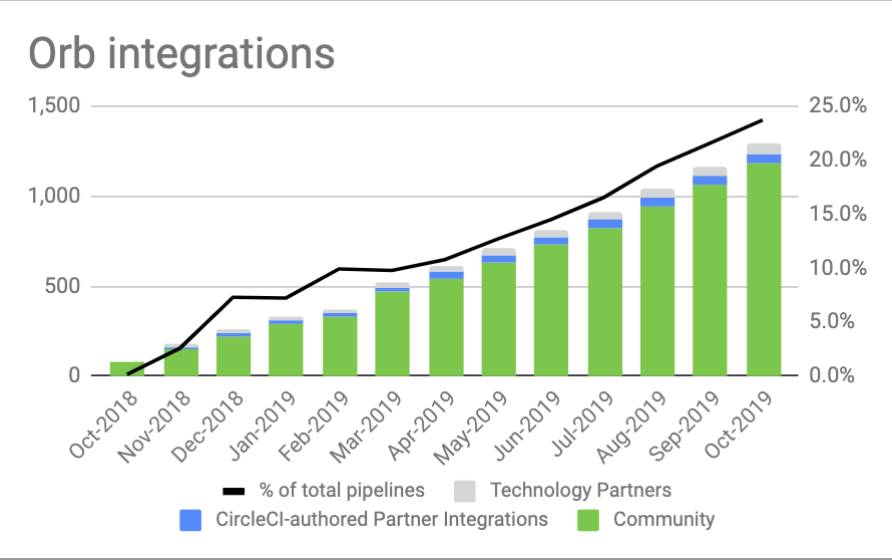Replicated, the Los Angeles-based company pitching monitoring and management services for Kubernetes-based applications, has managed to bring on the former head of product of the $2.75 billion-valued programming giant, GitLab, as its new chief product officer.
Mark Pundsack is joining the company as it moves to scale its business. At GitLab Pundsack saw the company grow from 70 employees to 1,300 as it scaled its business through its on-premise offerings.
Replicated is hoping to bring the same kind of on-premise services to a broad array of enterprise clients, according to company chief executive Grant Miller.
First introduced to Replicated while working with CircleCI but it was the company’s newfound traction since the launch of its kubernetes deployment management toolkit that caused him to take a second look.
“The momentum that Replicated has created with their latest offering is tremendous; really changing the trajectory of the company,” said Pundsack in a statement. “When I was able to get close to the product, team, and customers, I knew this was something that I wanted to be a part of. This company is in such a unique position to create value throughout the entire enterprise software ecosystem; this sort of reach is incredibly rare. The potential reminds me a lot of the early days of GitLab.”
It’s a huge coup for Replicated, according to Miller.
“Mark created the core product strategy at GitLab; transforming GitLab from a source control company to a complete DevOps platform, with incredible support for Kubernetes,” said Miller. “There really isn’t a better background for a product leader at Replicated; Mark has witnessed GitLab’s evolution from a traditional on-prem installation towards a Kubernetes-based installation and management experience. This is the same transition that many of our customers are going through and Mark has already done it with one of the best. I have so much confidence that his involvement with our product will lead to more success for our customers.”
Pundsack is the second new executive hire from Replicated in six months as the company looks to bring more muscle to its c-suite and expand its operations.


 Idera, which itself is
Idera, which itself is